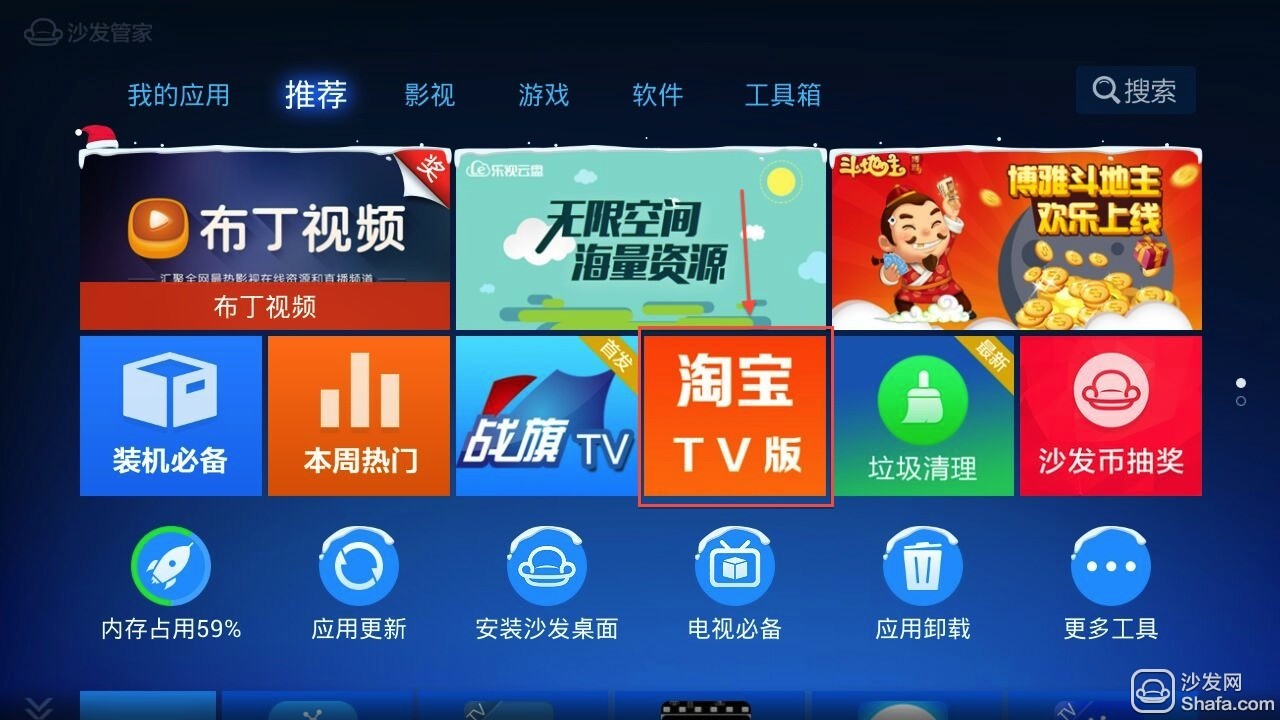
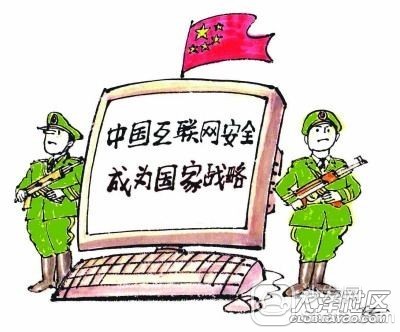
important events:
In February 2014, the Central Cyber ​​Security and Informationization Leading Group was announced. Xi Jinping, general secretary of the CPC Central Committee, president of the country, and chairman of the Central Military Commission, personally took the lead, and for the first time put forward the “Strategic Strategy for Cyber ​​Powerâ€; in May, the State Internet Information Office announced China will launch a cyber security review system; at the same time, relevant government departments will launch “clean network operationsâ€, “Qin Huo Huo†case, fast broadcast, 21st Century Network, everyone’s movies, and shooter networks, etc., which have been reviewed or closed down. On August 18th, the Fourth Meeting of the Central Deepening Reform Leading Group reviewed and approved the Guiding Opinions on Promoting the Convergence and Development of Traditional Media and Emerging Media. Media integration has become the consensus of reform at the national level. In July, the Shanghai Poster Group It took the lead in launching new media such as Cockroach; on November 19th, the Chinese government held for the first time the World Internet Conference on the theme of “interconnection, sharing and co-governanceâ€.
Comments:
Since China's first access to the Internet in 1994, the development of the Internet in China in 2014 has ushered in its 20th year. The Internet is not only an important engine for the socio-economic development of contemporary China, but also one of the most important forces for promoting social transformation. The global Internet has the largest number of “three-most†Internet users (nearly 700 million) in China, the largest producer of electronic information products, and the fastest-growing information consumer market. The more important opportunity for development lies in the fact that with the burgeoning mobile Internet, China’s mobile Internet users are as close as 600 million in size, which will further change the competitive landscape between global Internet business and national information territory.
Network security, broadband strategy and media integration have become new national strategies. Since the reform and opening up, this is the first time in the history of national development. The Internet has even become an important impetus to the social reforms. The country has to break through the network security and promote the integration of old and new media. It will inevitably worry about the review of online information. However, the Internet contributes tremendously to the contemporary society in China, and the power and greatness of the achievements will probably lead to fears. No one can deny that, from the convergence of small turbulence 20 years ago into a mighty river, its development process has become unstoppable.
Second, Alibaba, Jingdong listing contest upstart "having money is wayward"
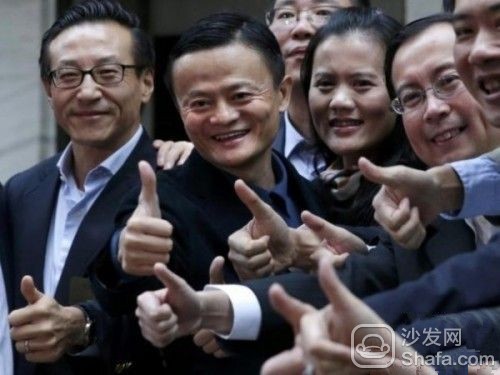
important events:
On May 22nd, Jingdong was listed on the NASDAQ. On September 19, Alibaba officially listed on the NYSE and raised US$25 billion to become the world’s largest IPO in history. Its market value was once over US$300 billion; In addition, Sina Weibo, Jumei Youpin, Cheetah, Tueniu, Thunder, and Momo have successively listed in the United States.
Comments:
In 2014, a group of Chinese companies such as Ali and Jingdong were listed in the United States. In particular, the day before Ali listed, “The Internet Tsar Ma Yun†met with more than 1,000 investors at the Waldorf Astoria Hotel in New York. Investors lined up long lines, formed 18 corners, and waited 40 minutes for elevators. They evolved into one of the most popular inspirational sentences on the Internet this year: “Today, you love me and ignore me. I’ll let you tomorrow. Can't climb high."
After 2000, 2014 was the year of the most harvested harvest in China's Internet. Such a grand scene can only happen once in 14 years. Ma Yun earned a face for every Chinese person with a dream. Another wealthy upstart went to the entertainment headlines and became the goal of the paparazzi. In this year's Forbes rankings, China's top 10 richest people accounted for half of the Internet. "The hero does not ask the source" and "the money is the willfulness" has become the highest fashion in our time.
Third, internet finance is now a mess and it is also drunk.
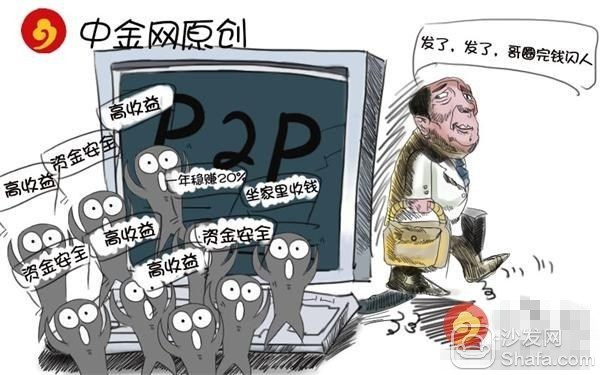
On June 27, a permanent P2P platform with a registered capital of RMB 50 million was launched in the morning, and in the afternoon, the boss lost contact. This is known as the most short-lived P2P platform in history. According to incomplete statistics, more than 2,000 P2P platform companies across the country have experienced difficulties in cashing out, closing down, and running. Starting from the beginning of the year, the central bank issued a series of instructions, including clearing and regulating non-financial guarantee companies, and proposed regulatory measures such as “Five Regulatory Principles of Internet Finance†and “Differentiated Supervision over Internet Financeâ€.
Comments:
Continuing the popularity of this market in 2013, from P2P, crowdfunding to mobile payments, Internet finance in 2014 began to bid farewell to “barbarous growth.†P2P companies that run the road and have difficulties in operating account for one-fifth of this emerging industry, and think "it is also drunk." This year, dozens of internet financial “baby†collectively entered the “small era†from 7 to 4, and there are reports that China is already the world’s largest P2P online loan market, and the transaction volume is expected to exceed 250 billion yuan. In each of the online loan companies, state-owned funds, banking systems, insurance systems, and private companies are intertwined and each has its own supernatural powers. With the Lending Club, the originator of P2P, listed in the United States, there are not many opportunities for Chinese P2Ps to fish in troubled waters.
Fourth, the mobile Internet leads the entrepreneurial tide "Where are the phones?"
important events:
In January, the WeChat red envelope went live. On New Year's Eve, as of the Lunar New Year, more than 5 million users participated in the grab of WeChat red envelopes, and 75 million red packets were captured, drawing Ma Yun’s competitive advantage. In February, he drove taxis and fast taxis each subsidized hundreds of millions. Yuan Renminbi is in the streets of every city: “Wealth and Minds are connected; As of the third quarter of 2014, the number of WeChat users was nearly 500 million, and WeChat users in the United States also reached 3 million, making it the third largest instant messaging tool on the global mobile Internet. On December 12, Momo was listed on the Nasdaq in the United States.
Comments:
Throughout 2014, people were sceptical about where they are all the time, and mobile phones have seriously eroded our daily lives. In terms of “spending timeâ€, mobile internet is becoming a new “blue ocean†for wealth creation. In the Southeast Asian market, WeChat can surpass Facebook. In China, strangers’ social networking can also “build meritorious service†outside of WeChat, indicating that the market is still alive. Undeniable heat.
5. What is the strongest smartphone in the mainland?
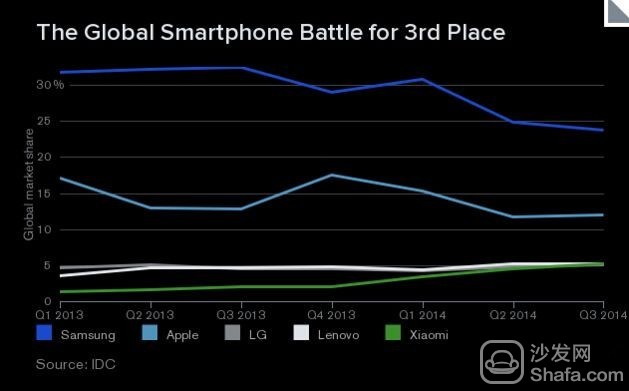
important events:
On January 30, Lenovo announced the acquisition of Motorola’s mobile business from Valley singers for US$2.91 billion; in the third quarter of 2014, IDC’s latest research data was released, and Xiaomi’s handset shipments reached 17.3 million units, which has tripled compared to the same period of last year and became the world’s The third largest smartphone manufacturer, Huawei followed, and Lenovo's merger with Motorola's market share, market share rose to 8%, won the "third runner-up"; December 8, the Indian government ruled that Xiaomi mobile phone in India Market sales.
Comments:
Apple's innovation power is waning, and Samsung lacks advantages in terms of prices. These are the opportunities for the rise of local Chinese legions. However, from low-end manufacturing to high-end creation, domestic mobile phone manufacturers still need to climb over several mountains. Taking the patent reserve as an example, which excavator technology is strong? As of the third quarter of 2014, Huawei, ZTE, Coolpad, OPPO, Xiaomi, vivo, Jinli, and Meizu had 22,169, 14,493, and 334 respectively. 103, 10, 7, 7 and 4 pieces. In general, a variety of intellectual mobile phone patent fees have accounted for about 30% of their ex-factory price. In the complex patent mutual authorization of major mobile phone brands, brands like Xiaomi will encounter the “match†of international manufacturers at any time. In this connection, local smart phone manufacturers have to challenge the position of the king of Apple and Samsung.
Six, BAT busy vertical and horizontal cross-battle "is also pretty fight"
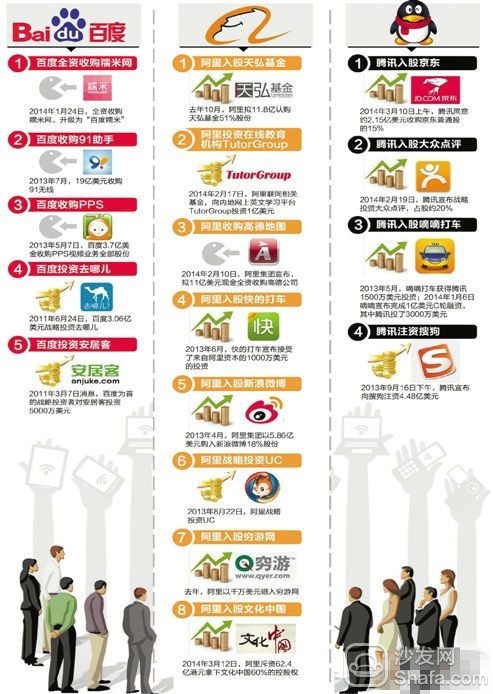
important events:
In February, Alibaba announced that it would acquire 72% of the Gaode map for a total of US$1.1 billion and acquire a full-scale acquisition of Gaode. On March 10, Tencent purchased more than 15% of Jingdong’s shares for more than US$200 million; on March 30th, Ali 53.7 HK$100 million invested in Intime Business; on April 28, Ali’s US$1.22 billion acquisition of 18.5% of Youku Potato; on June 11, Alibaba acquired UC for a total value of US$1.9 billion; on June 28, Tencent’s acquisition of US$736 million.58 Nearly 20% of the stock in the city...
Comments:
In order to consolidate its business territory, BAT (Baidu, Alibaba, and Tencent) launched a big acquisition in 2014, and each company’s acquisition funds are as high as billions of dollars. Taking the group buying market as an example, the market share of several group buying websites held by BAT has exceeded 90%. In order to “separate one party†from the Internet, BAT’s acquisition of melee is “fightingâ€. From 2000 to 2014, the domestic Internet reached the year of harvest in 14 years. It can be imagined that with the long-term consolidation of the BAT sphere of influence, the opportunities for the future of subdivision in the future will be greatly reduced. Enter a longer "frozen period".
VII, 4G Becomes Operators Helping Grass OTT Business "Take and Cherish"
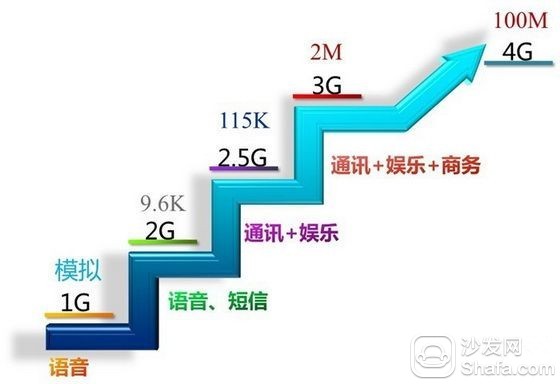
important events:
As of October 2014, China Mobile’s 4G subscribers have exceeded 50 million; while 4G began large-scale commercialization, at the Mobile World Congress (MWC) in March, the global R&D work for 5G networks has begun to deploy; on July 15th, Radio and TV The General Directorate has interviewed about seven Internet TV business licensees and launched the most severe rectification and suspension of internet boxes in the past years.
Comments:
Many OTT services on the mobile Internet have made operators more deeply stuck in the “pipeline†role. For users, they no longer care about 3G, 4G, or 5G. The network is adequate and suitable, and there is a fun technical innovation experience. In 2014, the General Administration of Radio, Film and Television of the People's Republic of China (SARFT) tackled Internet TV, and even the three networks merged. In this sense, LeTV's swing between political power and commerce has highlighted the "Chinese-style dilemma" in the media convergence due to the separatist power of government departments. It can only be seen riding a donkey as a singer. Walking and chanting, "and cherish".
Eight, network security storms frequently "do not die will not die"

important events:
On January 21, there was a large-scale DNS resolution failure on the Internet in China, and a large number of websites such as Tencent, Baidu, Jingdong, and Youku were unable to access them. China's 2/3 DNS is in a paralyzed state. On March 22, Ctrip.com disclosed that there are technical loopholes in its payment system, which can lead to the leakage of user's personal information and bank card information. On December 25, the user data leakage occurred on the 12306 website. Vulnerability, more than 100,000 user accounts, passwords, ID cards, emails, etc. are circulating on the Internet.
Comments:
From "big data" to the digitization of large-scale user information, the privacy of any user is nowhere to be seen in the online world. In 2014, from Apple's iCloud Pornographic turmoil, to the year-end Sony Pictures website suffered hacking, once again shows: When we are more and more dependent on the network, it will become more and more vulnerable. What is even more ridiculous is that many commercial websites are indifferent to the sense of security. It is really a popular phrase on the Internet: You can't die without death.
Nine, bitcoin speculators roller coaster "dream if realized?"

important events:
In March, the Central Bank issued the "Notice on Further Strengthening Bitcoin Risk Prevention Work", prohibiting domestic banks and third-party payment agencies from providing services such as opening an account, recharging, payment, withdrawal, and other services for the Bitcoin exchange, and demanding that the bank be on April 15. Closed bank accounts opened for the 15 largest Bitcoin exchanges before the day. In 2014, bitcoin prices fell from the highest of 1,242 US dollars to more than 300 US dollars, a drop of more than 70%.
Comments:
China has become the largest player in the Bitcoin market, again confirming the hot money surge in the domestic speculative market. From real estate speculation to hype Bitcoin, all players embrace Ma Yun-style beliefs: “A dream still needs to happen.â€
Ten, ice bucket challenges the West Wind to the East "Internet thinking" to blame?

important events:
On August 18th, an event aimed at collecting donations for "ALS" was sent to China. After ice bucket challengers uploaded videos on social networking sites, they could name three people for relay. Invitees who choose not to fight will choose to donate $100 to fight ALS patients. Lei Jun, Xiaomi’s chairman, became the first Chinese science and technology institution invited to participate in the event. On 17th, Liu Jiahu, CEO of OnePlus Technology, preoccupied himself. Subsequently, Li Yanhong, Gu Yongsheng, Zhou Hongyi and others participated in this charity event.
Comments:
Social network + entertainment fashion show + charity, this is the best "Internet thinking" in 2014.
Recommended installation sofa butler, download address: http://app.shafa.com/
